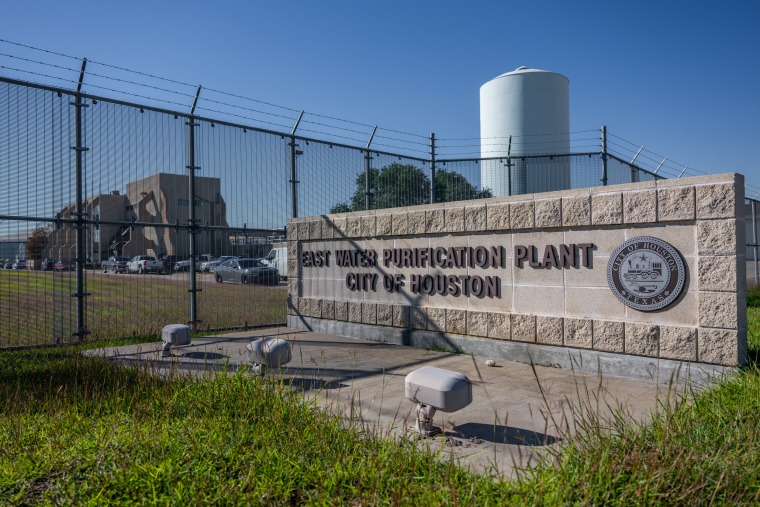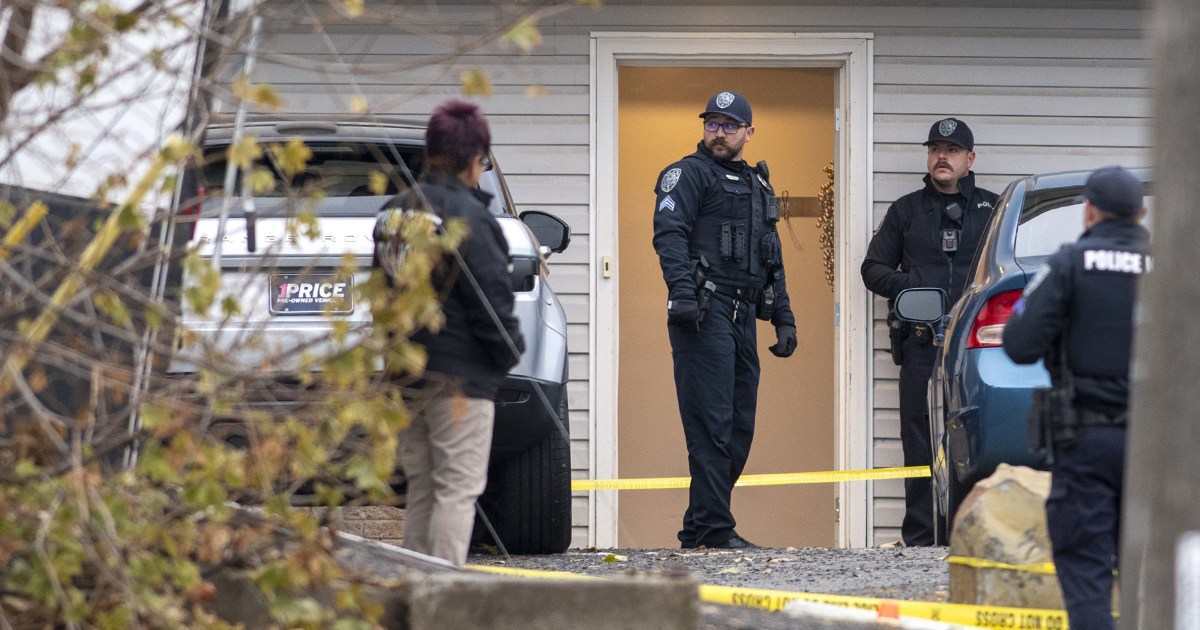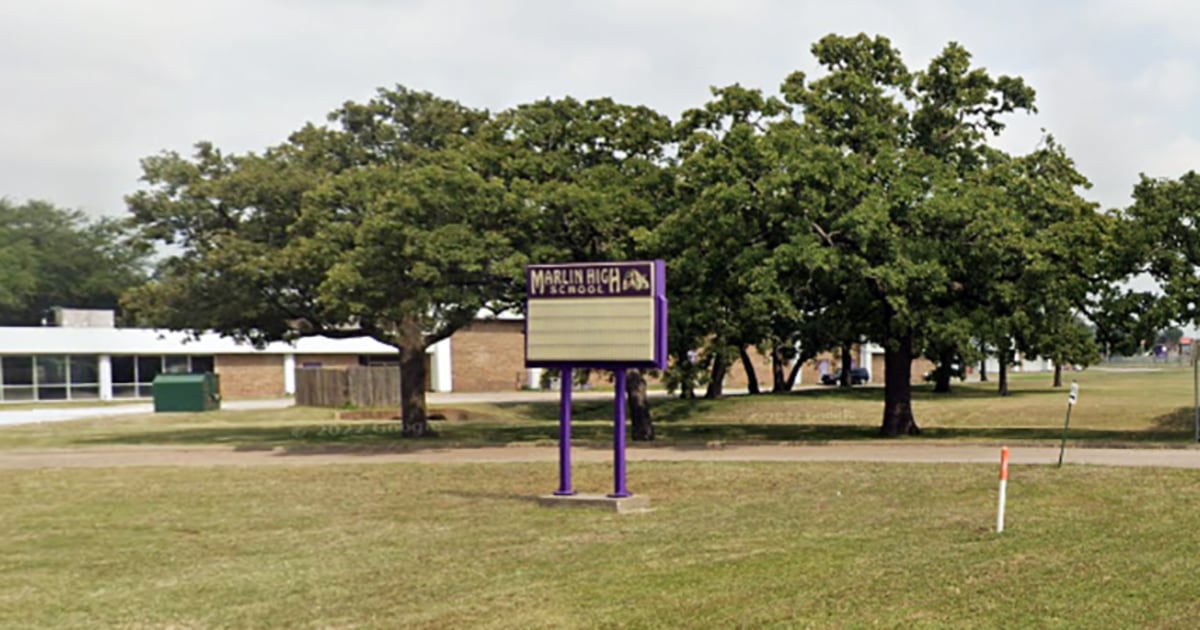Houston Mayor Sylvester Turner warned people Monday not to compare the city’s current boil water order to last year’s «February freeze,» when the state’s power grid collapsed and 246 people died.
Although both were caused by power outages, the boil order when an outage Sunday at a water purification plant caused water pressure to drop, raising concerns about possible contamination, that’s where the similarities end. , said.
«The February freeze is a totally different matter,» Turner said during a news conference. «He was without power and water and things stayed down for several days, okay? For several days.»
Turner shared a timeline of the events leading up to the boil water notice and said state law requires the city to notify the public within 24 hours of the incident, a requirement he said the city had met. The order prompted officials to close public schools for at least one day. Turner was joined at Monday’s news conference by Carol Haddock, director of Houston Public Works.
According to Turner, two transformers failed, causing power outages at the East Water Purification Plant, which he says provides water to much of Houston’s 2.2 million residents. There were no indications that the water system had been contaminated, he said.
Water quality tests were underway and the advisory would be lifted no later than Tuesday morning, he said. The Eastern Water Purification Plant is outside of the city, in Galena Park.

As of Sunday morning, 16 sensors marked drops below the minimum pressure levels of 20 psi, or pounds per square inch, required by the Texas Commission on Environmental Quality. Fourteen sensors marked dips for just 2 minutes and two for nearly 30 minutes, Turner said.
Power was restored to the plant at 12:30 p.m., he said. If contamination occurred when the pressure dropped, it may still be traveling through the system, which is why the boil advisory remained in effect despite satisfactory pressure, she said.
The city issued the boil water advisory out of «an abundance of caution» after the main transformer and its backup failed, Turner said. Even if the generators had been turned on, the problem would still have occurred, he said.
«Now, I’ve directed Public Works to do a general review of our system, a diagnostic review, to see how we prevent this from happening again,» Turner said.
He said the talks between the city and the Texas Commission on Environmental Quality took place from 2:43 p.m. to 6:40 p.m., and that sometime between 6:00 p.m. and 6:40 p.m. decision to issue a boil water advisory. . The notice was sent to the public at 6:44 p.m., Turner said.
Asked why residents of the country’s fourth-largest city hadn’t been notified sooner, Turner said: «That’s why we have a process.»
«What I can tell people is that this was a situation that was not overlooked, it was ignored,» Turner said.



